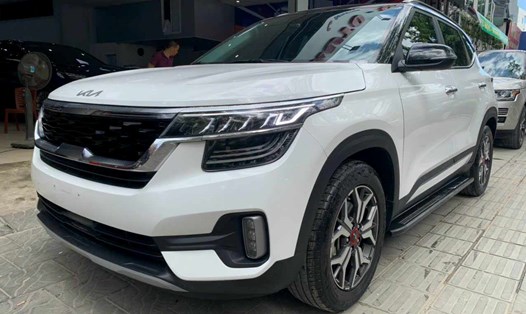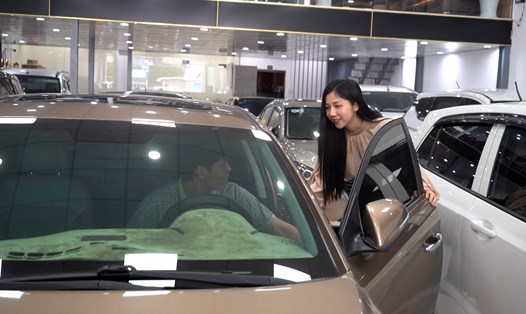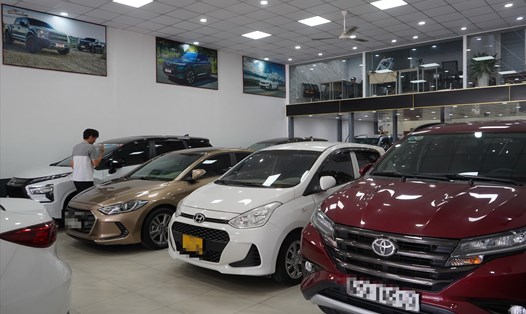Refrigeration system is easy to "overload" on hot days
Under the impact of high temperatures, many important systems such as brakes, tires and air conditioners of used vehicles can have problems, causing danger to drivers if not inspected and maintained promptly.
For used cars, the cooling system is the most obvious weakness in the summer. When the engine operates under outdoor temperatures of up to 40 degrees Celsius, if the water tank, heat valve or cooling water pump is not working effectively, the vehicle is easily overheated.
As a result, it can lead to engine failure, piston jams, and even cracks in the sold gasoline, all of which are expensive repairs.
High temperatures also increase pressure on the grinding system, especially for vehicles that have been in operation for more than 5-7 years. Just need to have an old water bucket or leaked pipes, the possibility of the vehicle being "boiled" on the road is very high.
Users of used vehicles should regularly check the cooling water level, observe temperature warning lights and absolutely do not ignore the phenomenon of clock presses exceeding normal temperature when operating the vehicle in harsh conditions or prolonged traffic jams.
appearing "soft" or reducing the effectiveness due to temperature
The braking system is also a sensitive area to high temperatures. When the environmental temperature and road surface increase, combined with the use of brakes in urban areas, the brake pad and brake disc can overheat, leading to the phenomenon of "temporary brake loss". This is especially dangerous when the vehicle is going downhill or needs to brake urgently.
Old vehicles already have brake systems that are eroded over time, so they are more susceptible to damage. Checking the thickness of the brake handle, brake oil level and brake disc condition is a necessary step before every long journey in the summer.
Tires: Potential risks from burning road surfaces
One of the common causes of tire explosion in the summer is the high road surface temperature, which can be up to 6070 degrees Celsius. With long-used tires, rubber is aging, the pressure is unstable, the risk of tire explosion increases significantly.
Old tires have much less heat resistance than new tires. Small cracks or seemingly insignificant tire wear can also become a breaking point when exposed to high temperatures and high loads.
Users should check tire pressure periodically, replace tires if they have expired (usually 5 years), and should not pump tires too tightly in the summer.
Note
Summer is a "test" for the durability of all cars, especially used cars. High temperatures not only reduce the performance of the cooling, braking and tire systems but also pose many potential risks of accidents.
Proactive maintenance, periodic inspection and sensitivity to unusual signs are the keys to ensuring safety when operating used cars in the hot season.







